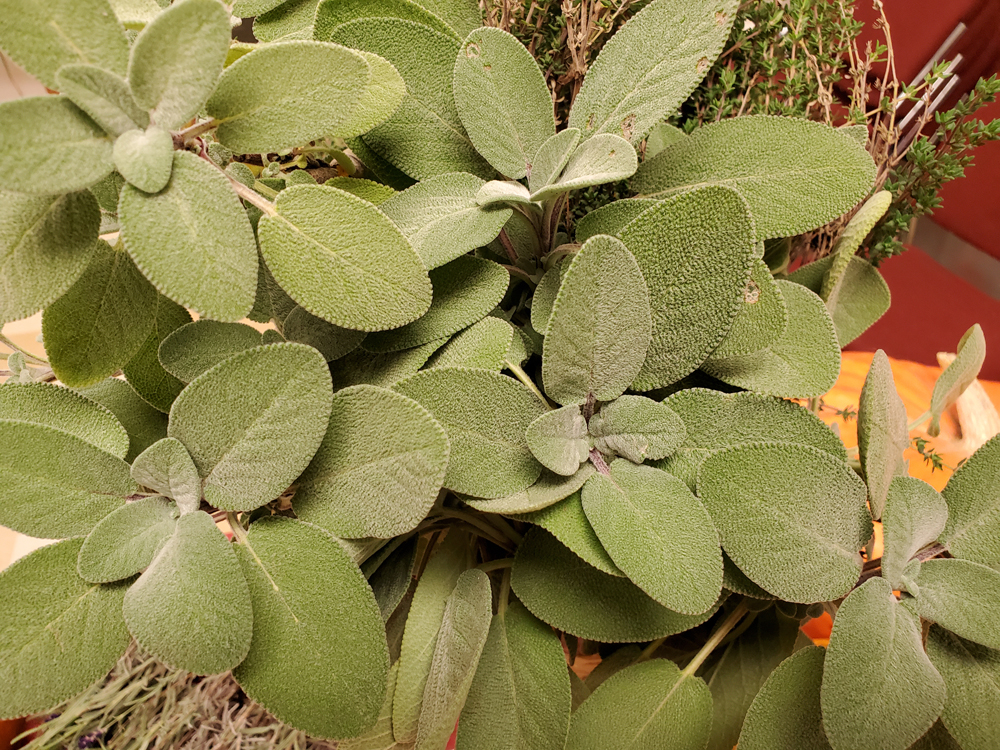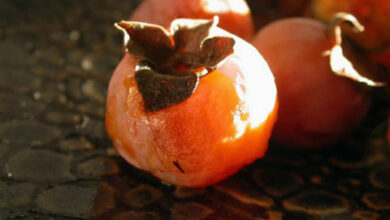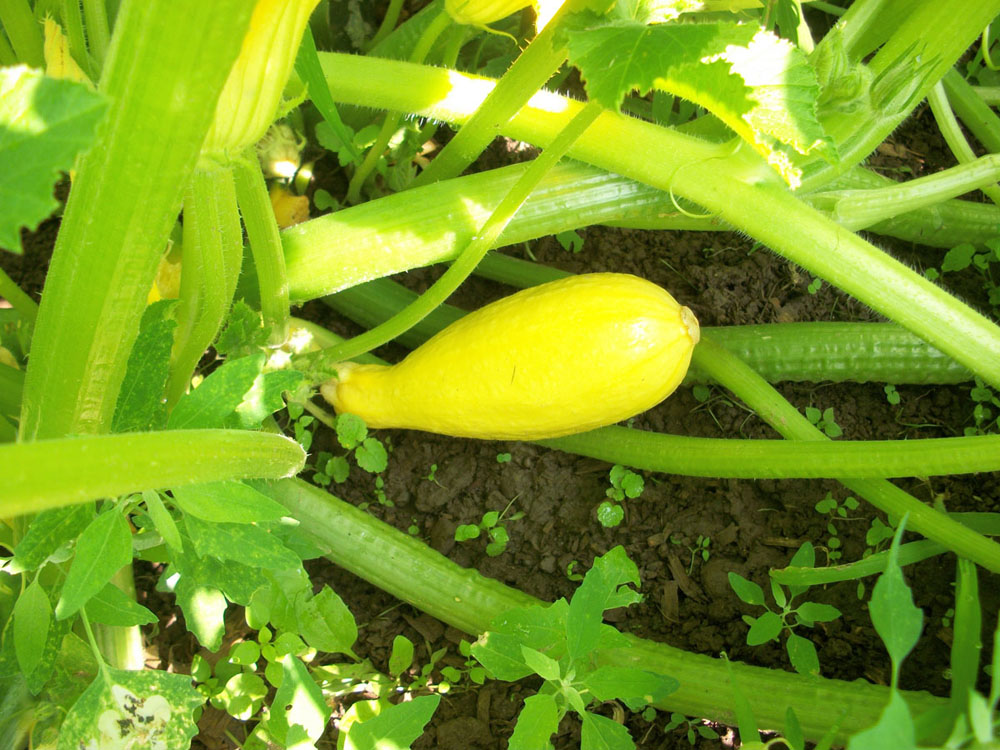Joe’s Stories – Carrots for the Canning Factory
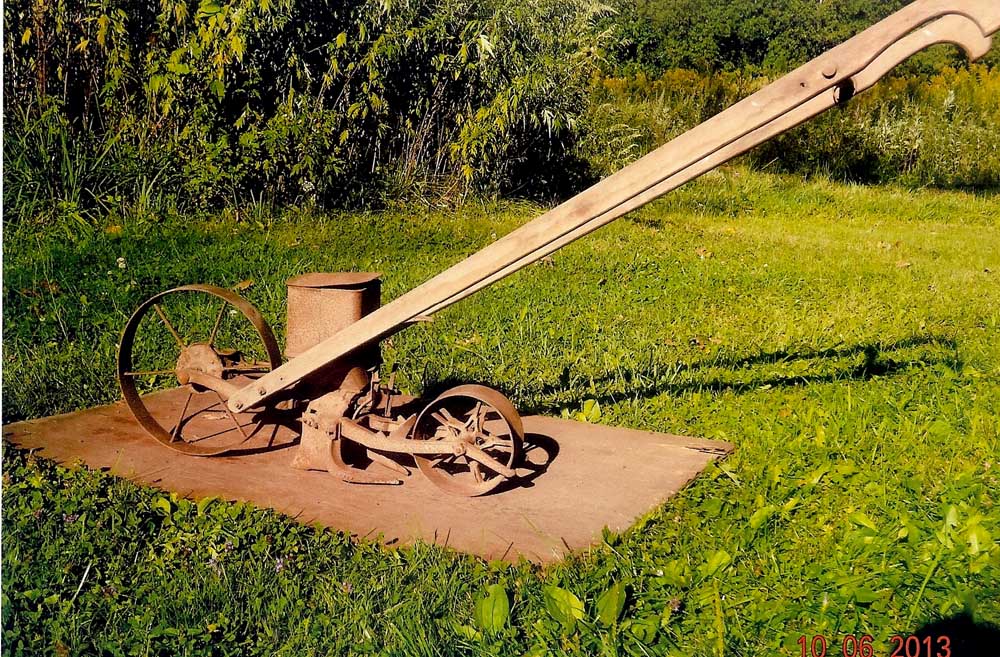
This was the time of the year that when we came home from school we might find a note on the table from my mother, Anna. It would say something like “change into your farm clothes, have some milk and a cookie then get down to the carrot field.” We, of course, did that and started walking there to join her. It was almost a quarter mile from the house and we may have used that as an excuse for not getting there quicker.
She was usually seated on a stool next to a pile of carrots that she was topping and throwing into a bushel crate. She had an apron on that helped keep her clothes from getting too dirty. Depending on the temperature, she might also have a blanket over her lap. The carrots had been pulled several days earlier and put into piles for eventual topping-that is breaking the green tops off the carrot root. When they were all done, the crates were loaded onto a truck for transport to the Heinz facility in Hilton.
This was a culmination of work that had begun in the spring. After plowing and fitting the land, my father, Joe, planted the carrot seeds one row at a time with a mechanical seeder he pushed down the rows. As the carrots grew so did the weeds so it was an all summer long job to hoe and weed the crop. There was a spray that could be applied which killed most of the weeds but not the carrots. However, even then some weeding was still required. This was mostly done by hand just as Joe and Anna had done with their families in Germany.
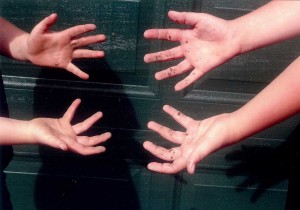
I never thought about it then but the carrot growing process started with horsepower, either from a two horse team or a tractor to prepare the land. Then it went to seeding with a hand pushed mechanical seeder. Weeding was done on your hands and knees with hand held tools. The harvesting, however, was totally a hand operation. Needless to say it wasn’t a venture I and my foster brothers looked forward to. In fact, we were pretty happy when the Heinz agent came to see what Joe and Anna wanted to contract for next year and they said “not carrots.” That probably was around 1945 when finances were no longer critical since they had finally completed payment on the $3,000 mortgage they agreed to in 1929.
Carrots have never been my favorite vegetable no matter how they are prepared but I must admit that when you pull one fresh from the earth, wipe most of the dirt off and eat it, they taste pretty good.
Photos by Joe Reinschmidt


